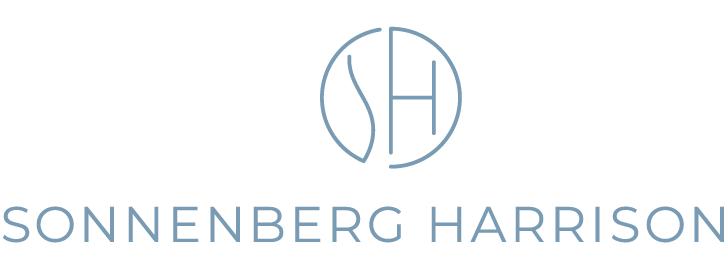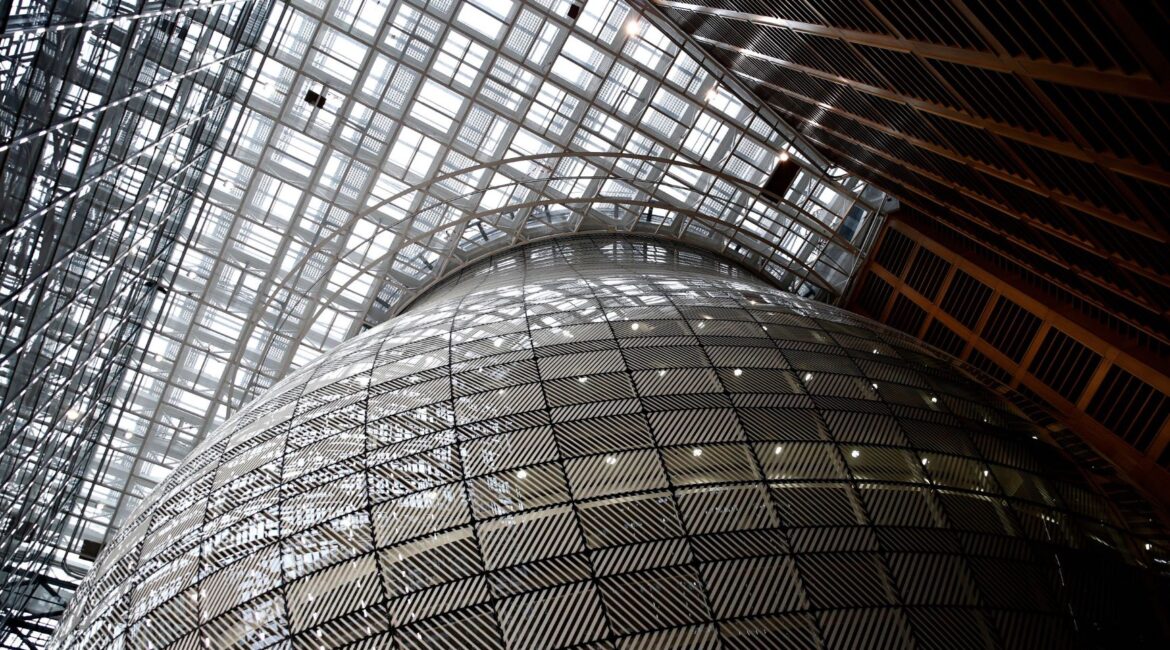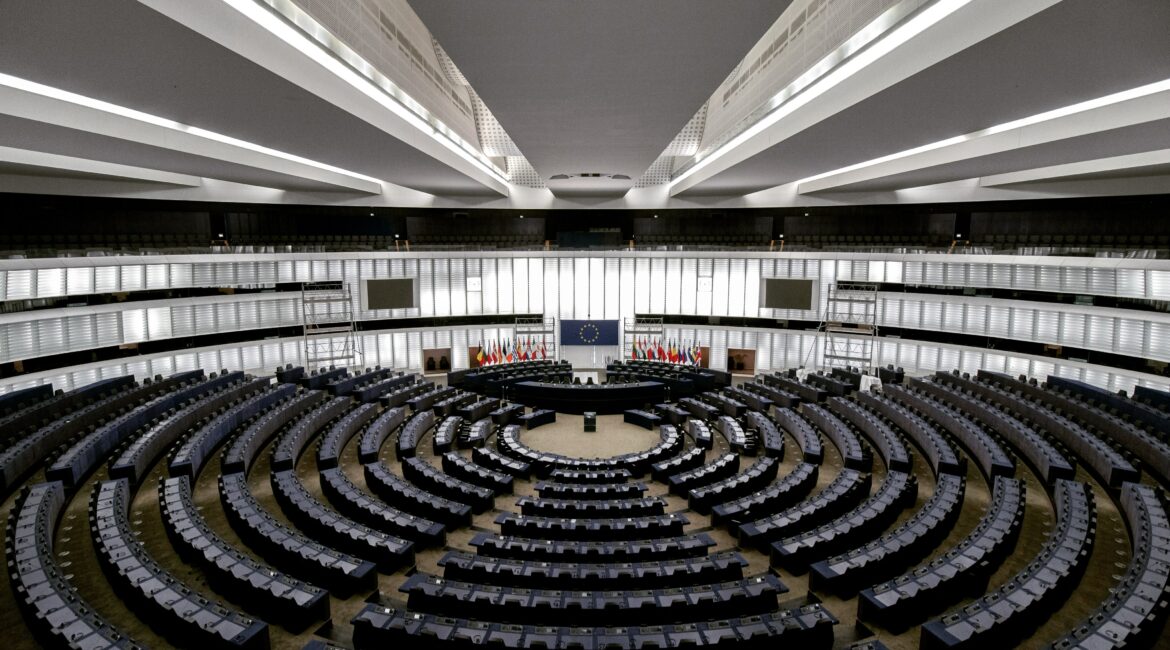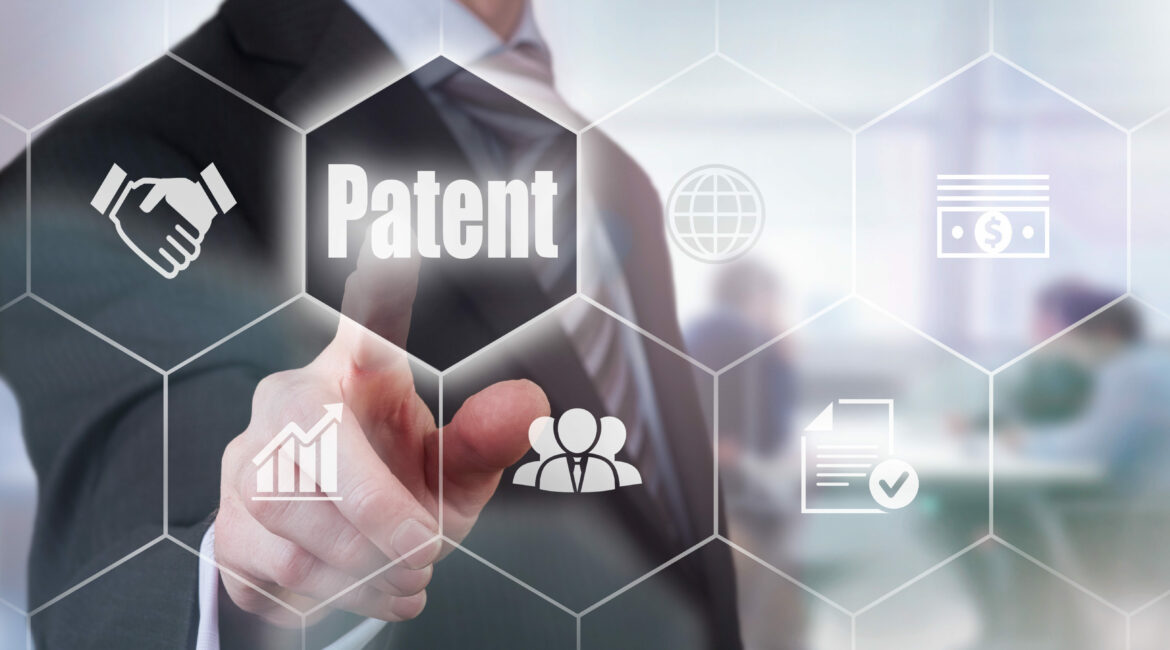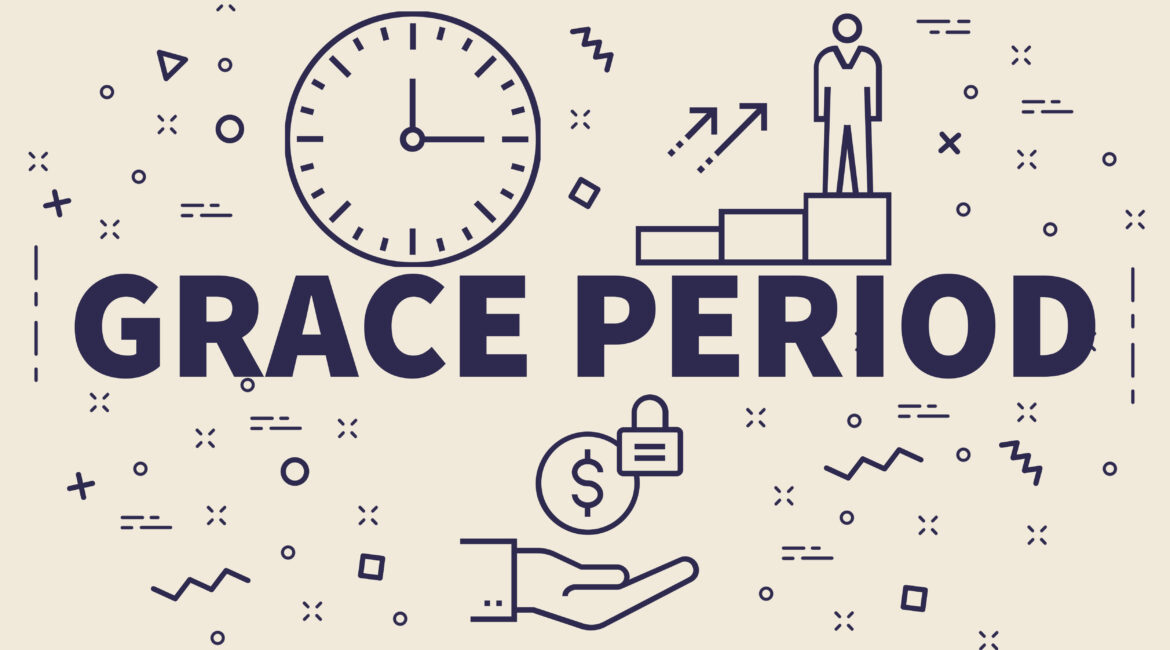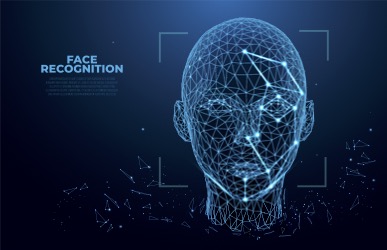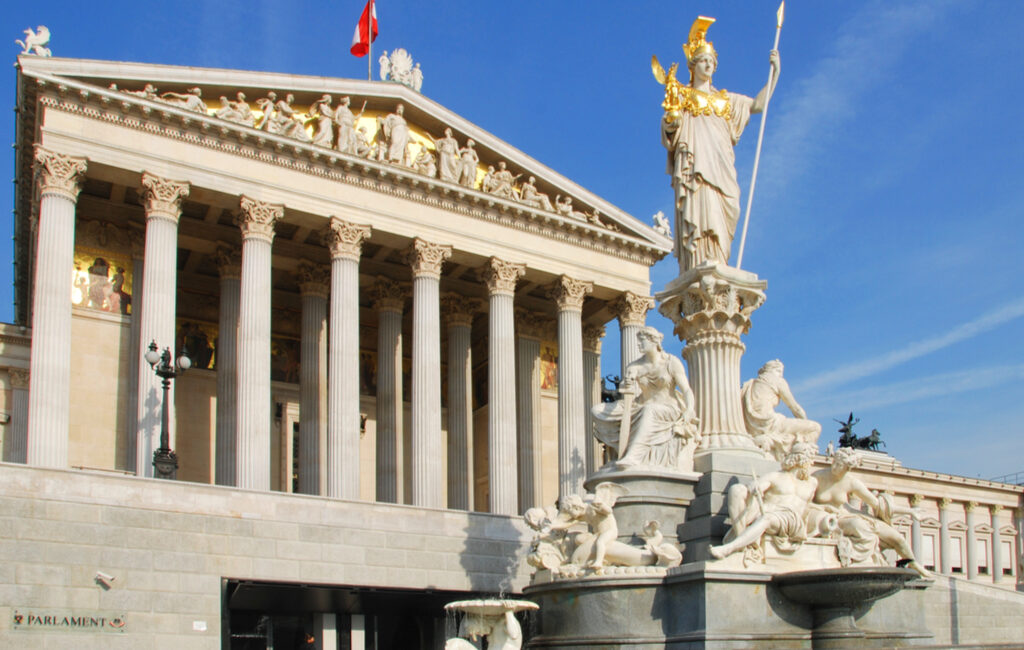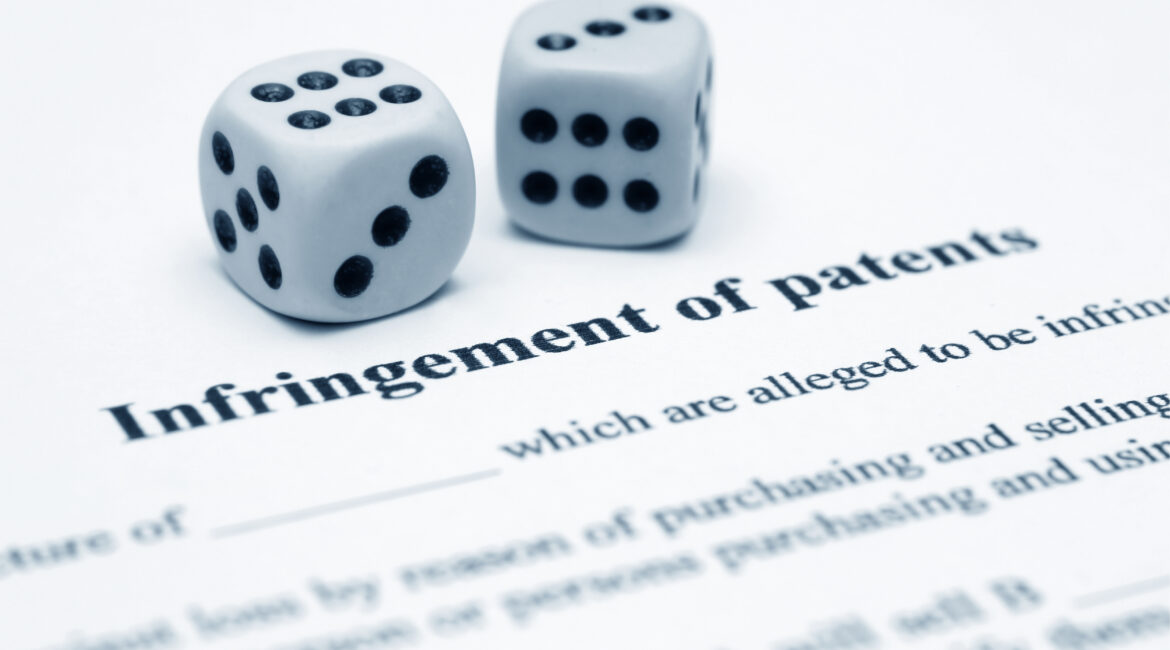This week three of our colleagues (Robert Harrison, Kilian Müller, and Eva Magd) took part in the EU-organised conference on Industrial Technologies 2022, held in Grenoble (France). The event is designed for research and technology organizations (RTOs), representatives of industrial companies as well as policymakers to discuss current trends, challenges...
Unified Patent Court – Administrative Committee established
The next step in setting up the new European Unified Patent Court has been established on 22 February with the inaugural meeting of the Court's Administrative Committee, according to an announcement on the court's website. The meeting adopted a number of items of secondary legislation, including the rules on the...
All Change for European Patent Litigation
What will change for you once the UPC is up and running?
Birth of Unitary (European) Patent System
The Protocol to the Agreement on a Unified Patent Court on provisional application (PPA) has entered into force on 19 January 2022 following the deposit of the instrument of ratification by Austria. This event marks the start of the Provisional Application Period (PAP) and the birth of the Unified Patent...
Kann ich mir den Schutz von Innovationen leisten?
Insbesondere kleinere Unternehmen stellen sich häufig die Frage, ob sie sich den Schutz ihres geistigen Eigentums leisten können. Neben vermeintlich hoher Kosten für die Erlangung gewerblicher Schutzrechte bestehen Bedenken vor hohen Folge-Kosten, beispielsweise im Falle einer Verletzung der eigenen Schutzrechte durch Dritte. Im folgenden Artikel möchten wir diese Bedenken aufgreifen...
A “Grace Period” for European Patents?
The European Patent Office has started a study to see whether a so-called "grace period" should be introduced into the European Patent system. Currently, the novelty requirement under the European Patent Convention (EPC) set out in Article 54 is an absolute novelty standard under which any disclosure made by the...
Patenting an Artificial Intelligence Invention – guidance from the US Patent Office
In 2019, the US Patent and Trademark Office drafted detailed guidance for the patent software invention. The 2019 Revised Patent Subject Matter Eligibility Guidance included one example (no 39) which was directed towards a method for training a neural network for facial detection. The example was very simple - the...
Austria approves ratification of Unified Patent Court
The Austrian Bundesrat (the upper legislative chamber in the Austrian Parliament) did not object on 2 December to the decision of the Nationalrat (lower Chamber of the Austrian Parliament) regarding the Protocol to the Agreement on a Unified Patent Court on Provisional Application (PPA). As reported earlier, the Nationalrat has already decided in favour of the ratification...
Austria takes next steps toward Unified Patent Court
Austria has taken the next steps towards the start of the Unified Patent Court by the approval by the Nationalrat (National Council - i.e., the lower house of parliament) on 19 November 2021 the Protocol on Provisional Application of the Unified Patent Court. This follows the recent ratification by Germany...
Unified Patent Court Agreement – withdrawal of the UK
As is known, the United Kingdom withdrew from the European Union on 31 January 2020. One of the unresolved questions was the effect that this withdrawal would have on the so-called Unified Patent Court which is being set up as a litigation forum for Unified European Patents, covering most countries...
